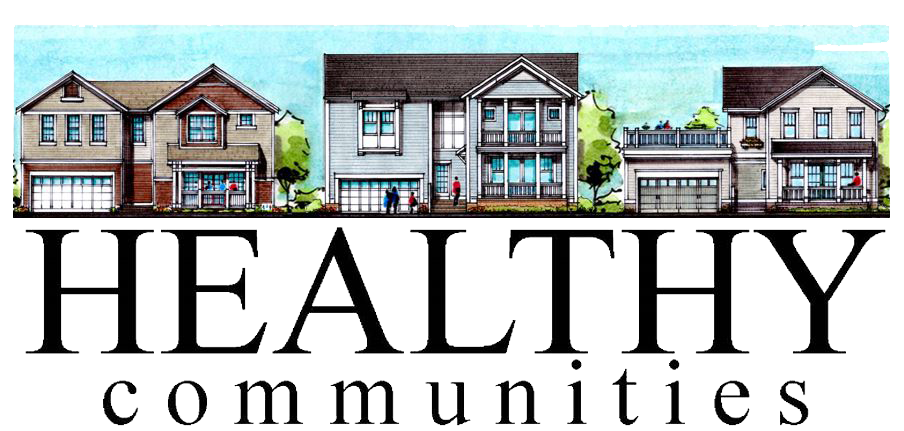Community gardens have become a fairly common feature in urban and suburban neighborhoods, but they typically feature flowers and vegetables. Home builder Jay Epstein wants to bring a new shared garden concept to Virginia: a shared solar garden.
The design offers several advantages for the builder and homeowners. One of the biggest perks is the ability to keep local trees in place. It’s a new sustainable solution that could change how builders develop new communities.
How to save trees
To create a solar-powered home, it is usually necessary to clear the area of trees. In other words, to create an environmentally-friendly solution, the builder has to clear away the local environment. But that’s not true anymore.
Epstein’s shared solar garden eliminates the need for clearing lands to get the proper exposure for solar-powered homes. Instead, an entire community can share just three acres of solar panels to power the entire neighborhood. Rather than clearing 95 percent of the land to construct a community, the builder just needs this small plot of land cleared for installation of the shared solar garden.
How to save money
Another benefit of the shared solar garden is cost reduction. Removing trees is costly for builders. To construct Walnut Farm, Epstein’s zero energy homes community in Virginia, he spent over $150,000 to remove trees. Builders must also cover the cost of landscaping the area and planting new trees. Erosion and sediment maintenance over the years also adds up.
The shared solar garden simplifies the entire community project and reduces costs. These savings can be passed along to the home buyers, who can enjoy sustainable living solutions at a lower price.
How to overcome hurdles
Of course, like most new ideas, the shared solar garden concept has been met with some resistance. Epstein is currently working through negotiations with the local energy company to work out reasonable rates for the community. The shared solar garden could reduce the company’s maintenance and power delivery costs, but the company still wants to charge homeowners higher amounts. Epstein feels confident that this issue will be overcome and he can provide more affordable utility rates to his home buyers.
Epstein plans to start selling the shared solar garden homes in early 2023. The Solara Woods community homeowners would each pay $15,500 for the garden as part of their construction costs. They will then be guaranteed a utility bill of $1.50 per day. That’s a savings of more than 50 percent compared to the average electric bill for homes in Virginia.
Homeowners can also enjoy their beautiful surroundings. Rather than bulldozed land and small, newly-planted trees, the community will feature mature trees and foliage that have been undisturbed by home construction.
Discover sustainable living
Healthy Communities is changing the world of home building. By focusing on efficient and green building, we are delivering sustainable solutions at affordable prices. Our homes are engineered to be energy efficient and solar powered to offset costs and preserve precious resources. Contact us today to learn more about shared solar gardens and other unique building concepts that can change the way you live.
